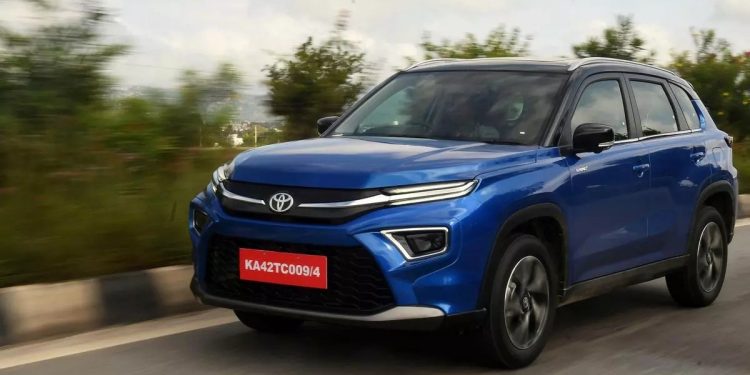In an era where automakers frequently collaborate to optimize their market strategies, Toyota and Suzuki’s partnership stands out, particularly in South Africa. Many Toyota vehicles sold in the country are, in fact, Suzuki models that have been rebranded. This article delves into the details of these Toyota models that are Suzukis, highlighting the benefits of this collaboration for manufacturers and consumers.
The Genesis of the Toyota-Suzuki Partnership
The alliance between Toyota and Suzuki is a strategic move designed to enhance both companies’ market presence while reducing development costs. This collaboration is particularly visible in South Africa, as several Suzuki models have been rebranded and sold as Toyota vehicles. This approach allows Toyota to offer a diverse range of products without investing in entirely new models, while Suzuki gains access to Toyota’s strong market presence and distribution channels.
This collaboration is a prime example of how automakers can pool their resources and expertise to achieve mutual benefits and meet the demands of a competitive market.
Toyota Starlet: The Suzuki Baleno’s Alter Ego
The Toyota Starlet is perhaps the most recognized model to emerge from the Toyota-Suzuki partnership. Though it carries the Toyota name, the Starlet is essentially a Suzuki Baleno with a different badge. This hatchback offers South African consumers a reliable, fuel-efficient vehicle with the design and engineering prowess of Suzuki, combined with the brand reputation of Toyota.
The Starlet has quickly become a preferred choice among budget-conscious buyers who value the balance of quality, affordability, and trust that comes with the Toyota name.
Urban Cruiser: Toyota’s Spin on the Vitara Brezza
Another model that has gained attention in South Africa is the Toyota Urban Cruiser, which is a rebadged Suzuki Vitara Brezza. This compact SUV, known for its rugged design and practical features, has been a hit with South African drivers who appreciate the blend of style, performance, and reliability that it offers.
The Urban Cruiser allows Toyota to compete in the popular compact SUV segment, providing a vehicle that appeals to both city dwellers and those with a taste for adventure, all while maintaining the dependability associated with the Toyota brand.
Toyota Rumion: A New Identity for the Suzuki Ertiga
The Toyota Rumion is another example of this strategic partnership in action. This seven-seater MPV is a rebadged Suzuki Ertiga, designed to cater to larger families and those in need of extra space. The Rumion offers the same practicality and performance as the Ertiga, with the added benefit of Toyota’s extensive support network in South Africa.
For consumers, the Rumion is an appealing option that combines the functionality of an MPV with the peace of mind that comes from purchasing a Toyota-branded vehicle.
The Appeal of Rebranded Vehicles for Manufacturers
For Toyota, rebranding the Suzuki models allows for an expanded product range with minimal investment, ensuring they can meet diverse consumer needs across various segments. This strategy also helps Toyota maintain its reputation for reliability and quality while introducing new, competitive models to the market.
For Suzuki, partnering with Toyota offers the advantage of increased market visibility and access to Toyota’s well-established sales and service networks. This collaboration allows Suzuki to reach a wider audience and compete more effectively in markets where it might otherwise struggle.
Consumer Insights: What You Need to Know
For buyers in South Africa, understanding the origins of these Toyota models is crucial. While these vehicles are sold under the Toyota brand, they are fundamentally Suzuki products. This knowledge can help consumers make more informed choices, particularly when comparing similar models or considering factors like warranty, servicing, and parts availability.
Awareness of the vehicle’s true identity ensures that buyers can weigh the benefits of both the Suzuki engineering and Toyota branding when making their purchasing decisions.
Conclusion: A Forward-Thinking Collaboration
The Toyota-Suzuki partnership in South Africa highlights the benefits of strategic collaborations in the automotive industry. By rebranding Suzuki vehicles as Toyotas, both companies have managed to expand their product offerings and market reach. As the automotive landscape continues to change, such partnerships are likely to become more common, providing consumers with a wider selection of vehicles that blend the strengths of multiple manufacturers.





